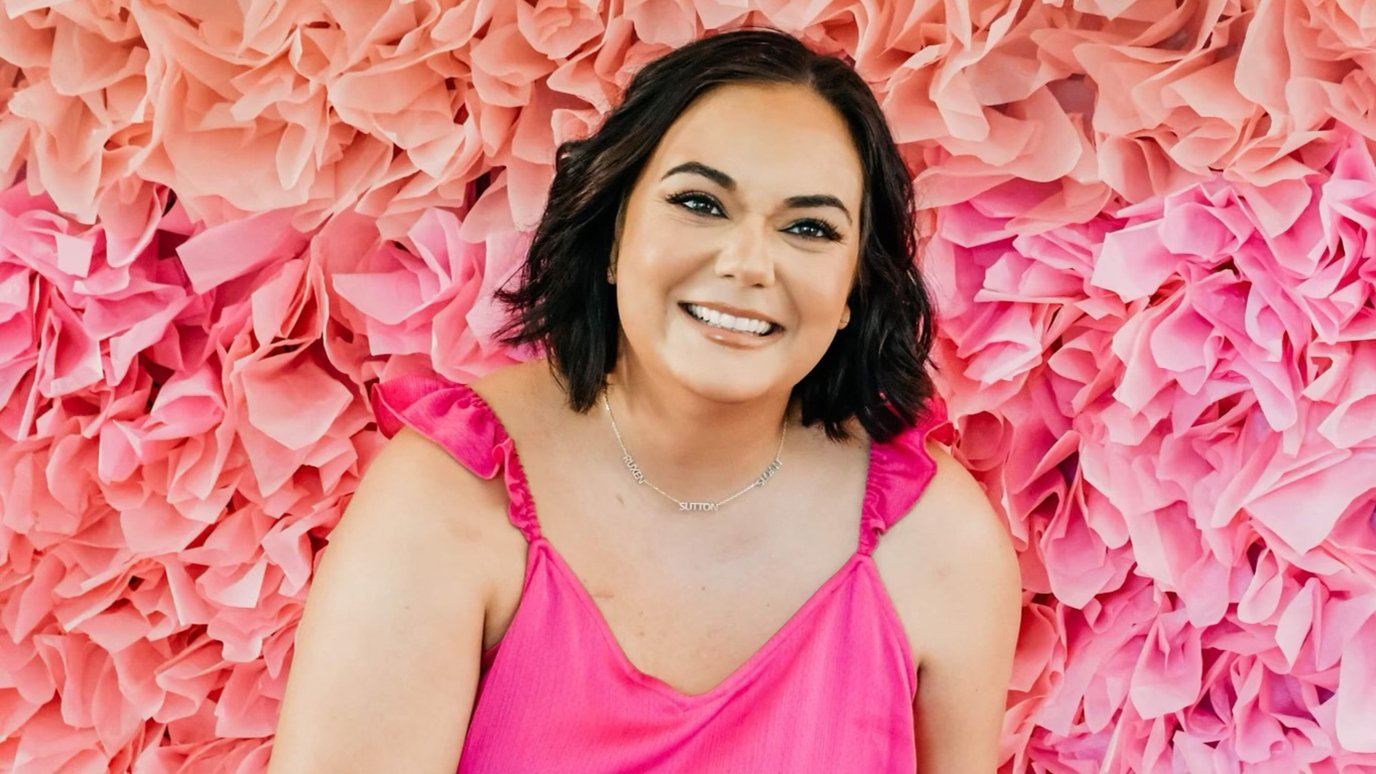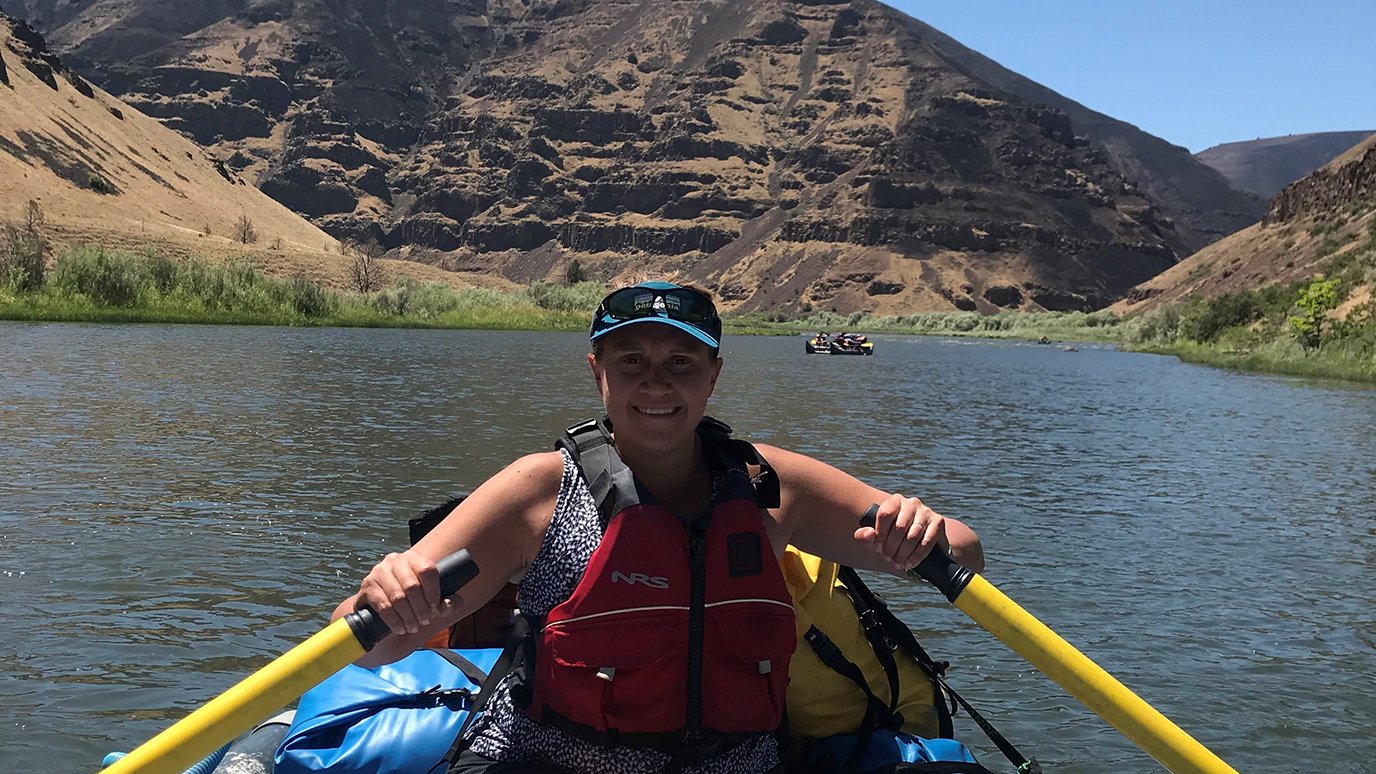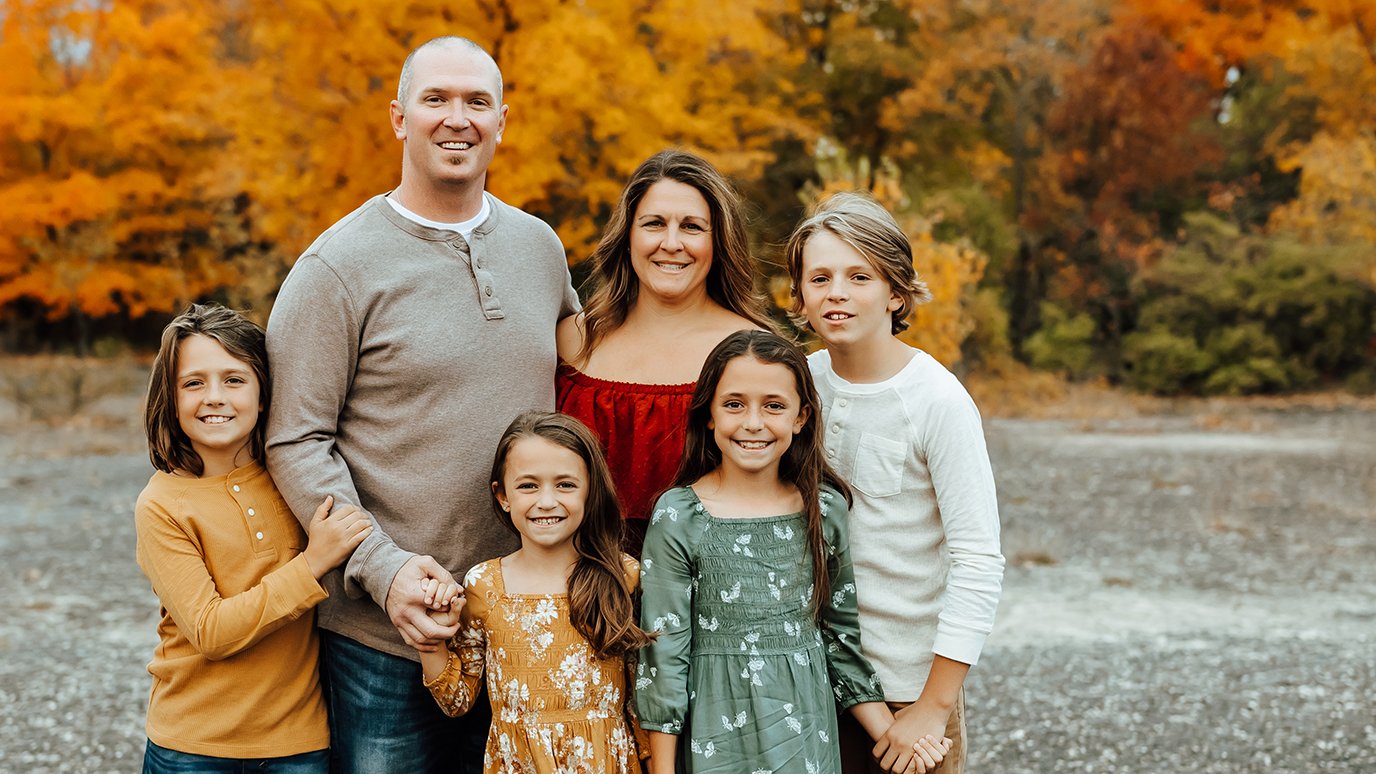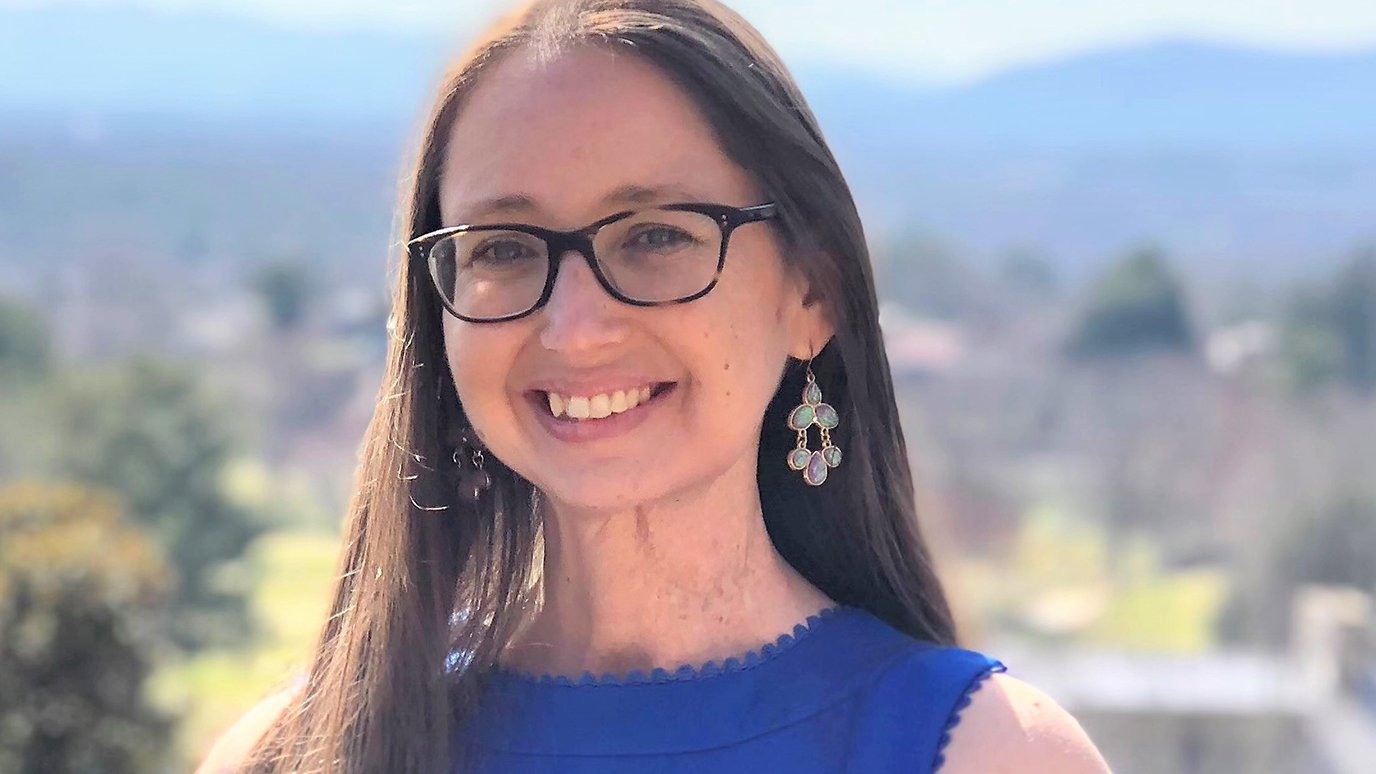- Diseases
- Acoustic Neuroma (14)
- Adrenal Gland Tumor (24)
- Anal Cancer (68)
- Anemia (2)
- Appendix Cancer (16)
- Bile Duct Cancer (26)
- Bladder Cancer (72)
- Brain Metastases (28)
- Brain Tumor (232)
- Breast Cancer (714)
- Breast Implant-Associated Anaplastic Large Cell Lymphoma (2)
- Cancer of Unknown Primary (4)
- Carcinoid Tumor (8)
- Cervical Cancer (158)
- Colon Cancer (166)
- Colorectal Cancer (118)
- Endocrine Tumor (4)
- Esophageal Cancer (44)
- Eye Cancer (36)
- Fallopian Tube Cancer (8)
- Germ Cell Tumor (4)
- Gestational Trophoblastic Disease (2)
- Head and Neck Cancer (12)
- Kidney Cancer (128)
- Leukemia (342)
- Liver Cancer (50)
- Lung Cancer (286)
- Lymphoma (278)
- Mesothelioma (14)
- Metastasis (30)
- Multiple Myeloma (100)
- Myelodysplastic Syndrome (60)
- Myeloproliferative Neoplasm (6)
- Neuroendocrine Tumors (16)
- Oral Cancer (100)
- Ovarian Cancer (172)
- Pancreatic Cancer (160)
- Parathyroid Disease (2)
- Penile Cancer (14)
- Pituitary Tumor (6)
- Prostate Cancer (146)
- Rectal Cancer (58)
- Renal Medullary Carcinoma (6)
- Salivary Gland Cancer (14)
- Sarcoma (238)
- Skin Cancer (296)
- Skull Base Tumors (56)
- Spinal Tumor (12)
- Stomach Cancer (64)
- Testicular Cancer (28)
- Throat Cancer (92)
- Thymoma (6)
- Thyroid Cancer (98)
- Tonsil Cancer (30)
- Uterine Cancer (80)
- Vaginal Cancer (16)
- Vulvar Cancer (20)
- Cancer Topic
- Adolescent and Young Adult Cancer Issues (20)
- Advance Care Planning (10)
- Biostatistics (2)
- Blood Donation (18)
- Bone Health (8)
- COVID-19 (362)
- Cancer Recurrence (120)
- Childhood Cancer Issues (120)
- Clinical Trials (632)
- Complementary Integrative Medicine (22)
- Cytogenetics (2)
- DNA Methylation (4)
- Diagnosis (232)
- Epigenetics (6)
- Fertility (62)
- Follow-up Guidelines (2)
- Health Disparities (14)
- Hereditary Cancer Syndromes (126)
- Immunology (18)
- Li-Fraumeni Syndrome (8)
- Mental Health (116)
- Molecular Diagnostics (8)
- Pain Management (62)
- Palliative Care (8)
- Pathology (10)
- Physical Therapy (18)
- Pregnancy (18)
- Prevention (918)
- Research (392)
- Second Opinion (74)
- Sexuality (16)
- Side Effects (604)
- Sleep Disorders (10)
- Stem Cell Transplantation Cellular Therapy (216)
- Support (402)
- Survivorship (322)
- Symptoms (182)
- Treatment (1786)
Triple-negative inflammatory breast cancer survivor: Navigating treatment during pregnancy
3 minute read | Published May 24, 2021
Medically Reviewed | Last reviewed by an MD Anderson Cancer Center medical professional on May 24, 2021
When I was diagnosed with triple-negative inflammatory breast cancer in October 2020, it was jarring, to say the least. I was only 38 – still too young to have started getting regular screening mammograms. I was also 14 weeks pregnant with my first child.
My mind immediately filled with questions: What about the baby? Can we even still have this child? What’s going to happen?
Triple-negative inflammatory breast cancer was definitely a life-altering diagnosis. But going to MD Anderson for my treatment brought a much-needed sigh of relief.
Post-diagnosis surprise: chemotherapy was safe during my pregnancy
I never would’ve guessed that it was safe to receive some types of chemotherapy during pregnancy. Fortunately for me, my MD Anderson medical team – medical oncologist Dr. Naoto Ueno, surgical oncologist Dr. Anthony Lucci and radiation oncologist Dr. Wendy Woodward – assured me that I could safely fight my cancer with chemotherapy while pregnant.
The chemotherapy I needed wouldn’t hurt the baby. I didn’t even have to alter my course of treatment except to take two weeks off to give birth. My plan was exactly the same as it would’ve been if I hadn’t been pregnant: chemotherapy, followed by surgery and then radiation therapy. That was an amazing thing to hear.
COVID-19 pandemic safety measures pose no problem
By the time I was diagnosed, we were well into the pandemic, so my entire cancer treatment thus far has been administered under strict quarantine and safety protocols. Going by myself to check-ups and chemotherapy treatments just seems normal – I know no other way.
But the nurses at MD Anderson are so attentive that I never feel alone or sad to be there by myself. I feel very safe at MD Anderson, too – I know its employees are taking all the necessary precautions to protect themselves and their patients, like requiring masks on campus.
The hardest part of my triple-negative inflammatory breast cancer treatment
So far, the hardest part of my cancer treatment has been chemotherapy. I completed the first four rounds before giving birth to my son on March 23, 2021. I got an infusion of flourourasil, doxorubicin and cyclophosphamide (a combination known as FAC) every three weeks, starting on October 29. And those three months were really rough. I had to deal with the nausea, fatigue and lack of appetite from chemotherapy on top of pretty severe pregnancy-induced morning sickness.
I only threw up once, though, thanks to the anti-nausea medications I was prescribed. And the acupuncture I received at the Integrative Medicine Center has been really helpful, too. I got it as a preventive measure before each chemotherapy session, and it has been incredibly effective.
Counting my blessings after a triple-negative inflammatory breast cancer diagnosis
The only other side effects I’ve experienced so far are hair loss, which was almost immediate, and shortness of breath, which was kind of expected, since I’d essentially been carrying a bowling ball around in front of me for several months. I used ice packs on my hands and feet to stave off neuropathy, and my appetite returned after I finished the FAC infusions. So, overall, I felt very lucky.
Unfortunately, my cancer diagnosis also meant that breastfeeding was not an option. Sometimes, I look at my breasts, shake my head, and think, “You had one job …” But after hearing how hard breastfeeding can be from friends and others, I am at peace with it.
I would’ve liked to breastfeed my son, but if it’s not in the cards, I can live with that. He was born healthy at 36 weeks gestation. And I have the best possible care team in place for this type of cancer. So I have a lot to be thankful for.
Request an appointment at MD Anderson online or by calling 1-877-378-0901.
Related Cancerwise Stories

My plan was exactly the same as it would’ve been if I hadn’t been pregnant.
Alessandra Land
Survivor





